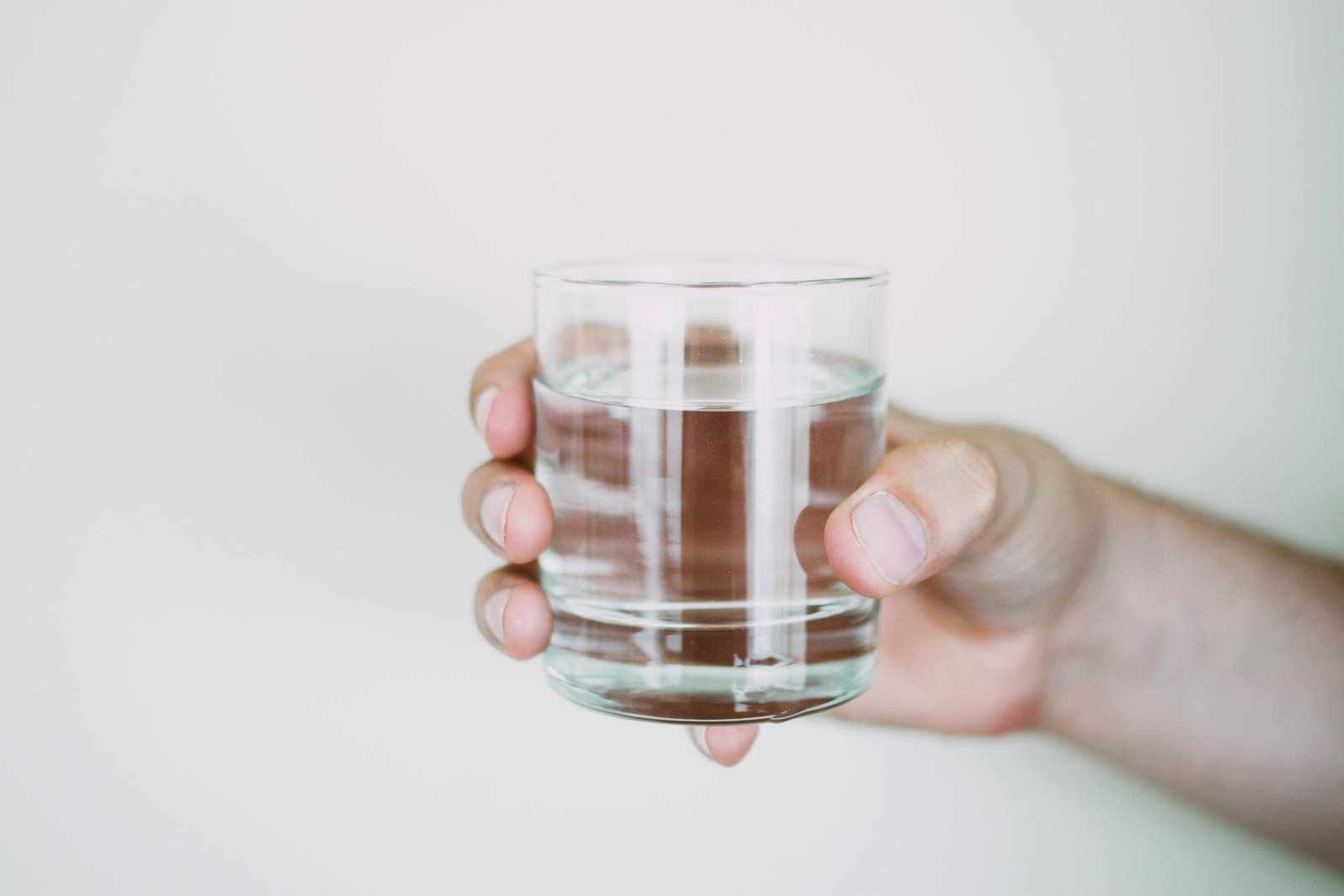Drinking Water to Ease Growing Pains in Children
There are some affiliate links below, but they are all products I highly recommend. For more info, view my disclosure here.
Are your children experiencing growing pains? Ease their discomfort by making sure they stay hydrated. Drinking water is crucial for their growing bodies.
You will learn about the link between dehydration and growing pains, how much water your child should drink to alleviate the pain, and tips for encouraging them to drink more water. Proper hydration has other beneficial effects on your child’s health too.
Let’s incorporate hydration into your child’s daily routine!
The Importance of Hydration for Growing Children
You need to understand the importance of staying hydrated for growing children. As a parent or caregiver, it’s crucial to ensure that your child drinks enough water throughout the day.
Hydration plays a vital role in the overall health and development of children. Water helps to regulate body temperature, lubricate joints, and transport nutrients to cells. It also aids in digestion, prevents constipation, and flushes out toxins from the body.
For growing children, proper hydration is even more essential as it supports their rapid growth and development. Water helps to maintain the balance of fluids in their bodies, allowing their organs and tissues to function optimally. Adequate hydration also promotes healthy brain function, which is crucial for learning and concentration.
Staying hydrated can help prevent common issues such as headaches, fatigue, and muscle cramps. Encouraging your child to drink water regularly and providing them with easy access to it will ensure that they stay hydrated and reap the benefits of optimal growth and development.

Understanding the Link Between Dehydration and Growing Pains
Make sure to stay hydrated, as dehydration can worsen the discomfort associated with the growth spurt. When your body is dehydrated, it lacks the necessary fluids to support the growth and development of your bones and muscles. This can lead to increased pain and discomfort during a growth spurt. Drinking enough water throughout the day is crucial to keep your body hydrated and minimize the intensity of these growing pains.
During a growth spurt, your body is working hard to increase in size and develop new tissues. This process requires an ample supply of water to support the increased metabolic activity and nutrient delivery to your growing bones and muscles. When you’re dehydrated, your body struggles to perform these functions efficiently, resulting in more pronounced discomfort.
To ensure you stay hydrated, it’s recommended to drink at least eight glasses of water per day. You can consume water-rich foods like fruits and vegetables to supplement your daily water intake. Remember to drink water before, during, and after physical activities to replenish the fluids lost through sweat.

How Much Water Should Your Child Drink to Alleviate Growing Pains
To alleviate the discomfort of growing pains, it’s important for your child to drink enough water throughout the day. But how much water is enough? Well, the general rule of thumb is for children to drink about 6-8 cups of water per day. However, this can vary depending on factors such as age, weight, activity level, and climate.
For younger children, it’s recommended to offer smaller amounts of water more frequently throughout the day. Encourage them to take sips of water during meals and between activities. As they get older, you can gradually increase the amount of water they consume.
It’s also important to note that water intake should be adjusted based on your child’s individual needs. If they’re more active or are in a hot climate, they may require more water to stay properly hydrated.
In addition to drinking water, it’s beneficial to include hydrating foods in your child’s diet. Fruits and vegetables with high water content, such as watermelon, cucumbers, and oranges, can help contribute to their overall hydration.
Tips and Tricks for Encouraging Your Child to Drink More Water
Encouraging your child to stay hydrated can be made easier by offering them flavorful infused water or allowing them to choose their own water bottle design. By adding fresh fruits like strawberries, lemon, or cucumber to their water, you can make it more appealing and exciting for them to drink. Letting them pick out their own water bottle with their favorite color or character can also make drinking water seem more fun and personal.
You can set a good example by drinking water yourself and making it a family habit. Keep water easily accessible by placing water bottles in visible areas, such as the kitchen counter or their study desk. You can also make drinking water a part of their daily routine by offering it with every meal and snack.
Another way to encourage hydration is by making it a game. Challenge your child to drink a certain amount of water throughout the day and reward them with a small treat or sticker chart. Remember to praise and acknowledge their efforts when they do drink water, as positive reinforcement can go a long way in motivating them.
Other Beneficial Effects of Proper Hydration on Children’s Health
Proper hydration has various other beneficial effects on your child’s overall health, such as improving focus and cognitive function. When your child is properly hydrated, their brain functions at its best, allowing them to concentrate and think clearly. Dehydration can lead to fatigue and difficulty in focusing, making it harder for your child to perform well in school and other activities.
Furthermore, staying hydrated helps your child maintain a healthy weight. Drinking water instead of sugary drinks can help prevent excessive calorie intake and promote a balanced diet. It also aids in digestion, ensuring that your child’s body can absorb and utilize nutrients effectively.
In addition, proper hydration supports your child’s immune system. Water helps flush out toxins from the body and keeps the respiratory system moist, reducing the risk of infections and illnesses. It also contributes to overall skin health, keeping it hydrated and preventing dryness and irritation.
Lastly, staying hydrated promotes proper physical performance. Water helps lubricate joints and muscles, allowing your child to participate in physical activities without discomfort or injury. It also regulates body temperature, helping your child stay cool and preventing heat-related illnesses.
Encouraging your child to drink enough water throughout the day is crucial for their overall health and well-being.
Incorporating Hydration Into Your Child’s Daily Routine
Make sure your child has access to water throughout the day to easily incorporate hydration into their daily routine. Encouraging your child to drink water regularly is essential for their overall health and well-being. One way to ensure they stay hydrated is by providing them with a water bottle that they can carry with them wherever they go. This way, they’ll have a constant reminder to drink water and can easily quench their thirst whenever they need to.
Another way to incorporate hydration into your child’s daily routine is by setting specific times for water breaks. For example, you can encourage them to drink a glass of water before each meal or snack. You can make it a habit for them to drink water before and after physical activities or playtime. By establishing these routines, you aren’t only helping them stay hydrated, but also teaching them the importance of maintaining a healthy lifestyle.
Furthermore, you can make drinking water more enjoyable for your child by infusing it with fruits or herbs. This adds a refreshing twist to their water and may encourage them to drink more. You can also offer them water-rich foods, such as watermelon or cucumbers, to supplement their water intake.
Incorporating hydration into your child’s daily routine is crucial for their overall health and development. By making water readily available, setting specific times for water breaks, and adding flavor to their water, you’re ensuring that your child stays hydrated throughout the day. So, prioritize their hydration and make it a part of their everyday routine.







